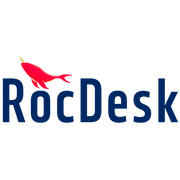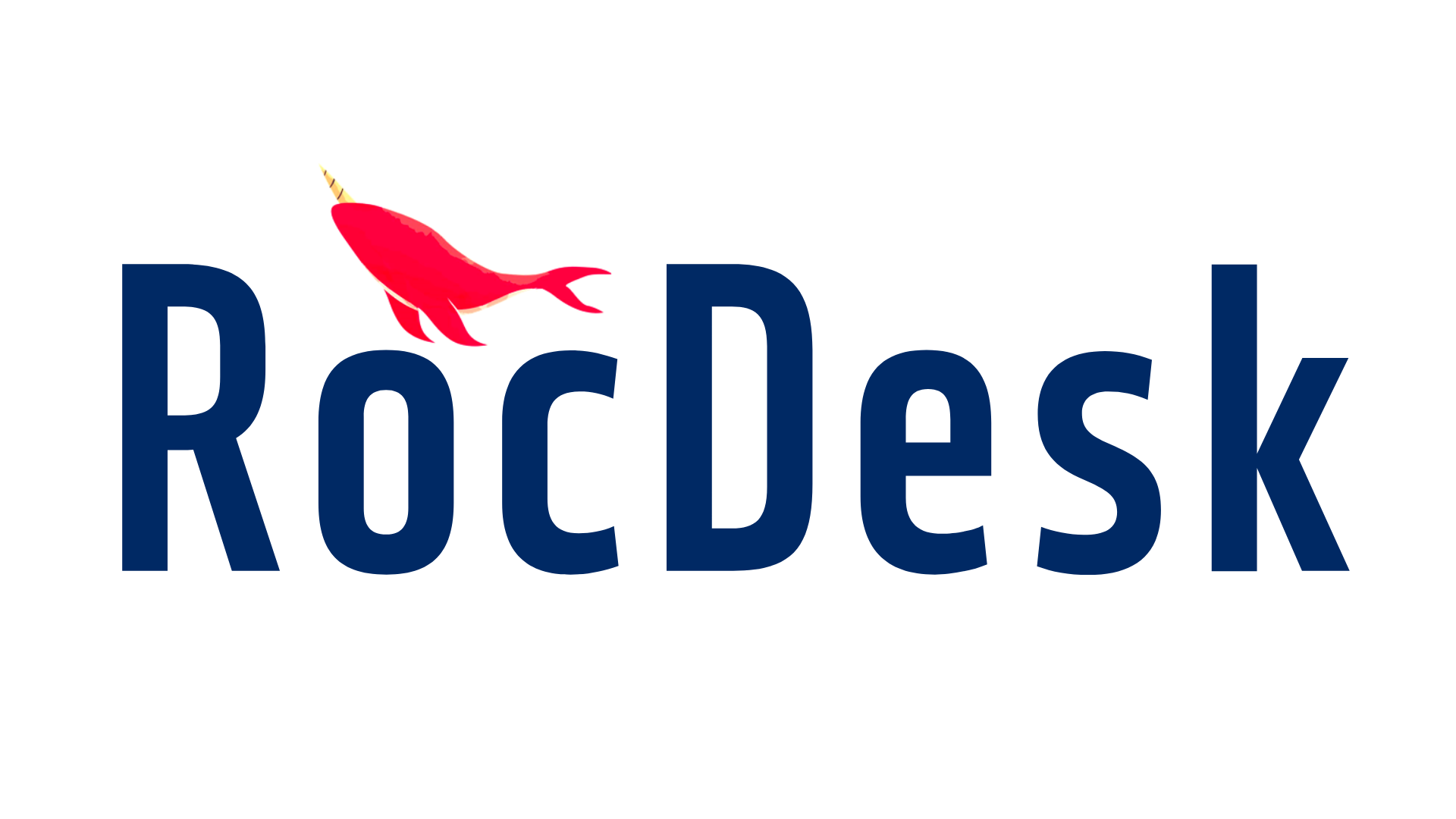8 Tips for a Successful CRM Implementation
Businesses worldwide have come to recognize the importance of implementing a CRM system. However, many companies fail to fully explore and utilize the potential of their CRM tools. To ensure that you make the most of your CRM investment and improve productivity, here are eight valuable tips:
1. Embrace and Utilize the CRM System:
Encourage your employees to embrace the new CRM system, as its value increases with regular usage. To facilitate a smooth transition, consider implementing the following suggestions:
Organize focus groups to evaluate different CRM tools and incorporate user feedback into the decision-making process.
Ensure that all users are onboarded onto the CRM system and emphasize its daily use.
Distribute training videos that provide comprehensive guidance on how to efficiently navigate and utilize the system.
2. Customize the CRM System to Fit Your Business:
Tailoring the CRM system to align with your business operations can significantly enhance its effectiveness. By making it more familiar and intuitive for users, they are more likely to adopt and utilize it. For example, if your business is in real estate, consider customizing module and field names to reflect terms like "Apartments," "House Owners," "Buyers," etc.
3. Avoid Unnecessary Features:
Clearly define your expectations from the CRM system and refrain from incorporating unnecessary features. While certain features may seem enticing, it's important to evaluate their relevance to your business goals. Remember, return on investment (ROI) is not solely about profits; it also involves saving costs. Focus on essential features that truly add value to your business, instead of unnecessarily complicating the CRM system.
4. Automate Routine Tasks:
One of the key benefits of a CRM solution is its ability to automate repetitive tasks, freeing up time for more important activities. On average, sales representatives spend a significant amount of time on manual tasks after each customer visit. By automating these tasks, such as prompt follow-ups, you can save time and keep customers engaged with your brand. Identify repetitive tasks in your sales process and automate them to improve efficiency.
5. Prioritize Data Security:
As your CRM system contains sensitive and confidential customer information, ensuring data security is paramount. Implement robust security measures to protect customer data, ranging from email addresses to price quotes and service level agreements (SLAs).
6. Integrate Various Applications:
Modern businesses rely on multiple applications, including websites, email service providers, social media platforms, and more. To gain a comprehensive understanding of your business and deliver an exceptional customer experience, it's crucial to connect all the pieces of information scattered across different apps. Just like a jigsaw puzzle, only by integrating these pieces can you obtain a complete picture of your business.
7. Leverage Data Analysis:
Many businesses view their CRM system solely as a repository for customer information. However, a CRM system offers much more. Take advantage of features like reports, dashboards, and forecasting to analyze your business data effectively. By harnessing the insights derived from your CRM system, you can make informed decisions, plan for the future, and enhance overall performance.
8. Stay Updated and Evolve:
Continuously monitor market trends and ensure that your CRM system supports the latest functionalities. Avoid becoming stagnant with a fixed set of features. Failing to meet customer expectations with an outdated CRM system can result in losing customers to competitors who adapt quicker to market demands. Stay vigilant and embrace feature updates from your CRM vendor to remain competitive.
Implementing these tips will help you optimize your CRM system, improve productivity, and achieve a higher return on investment.












